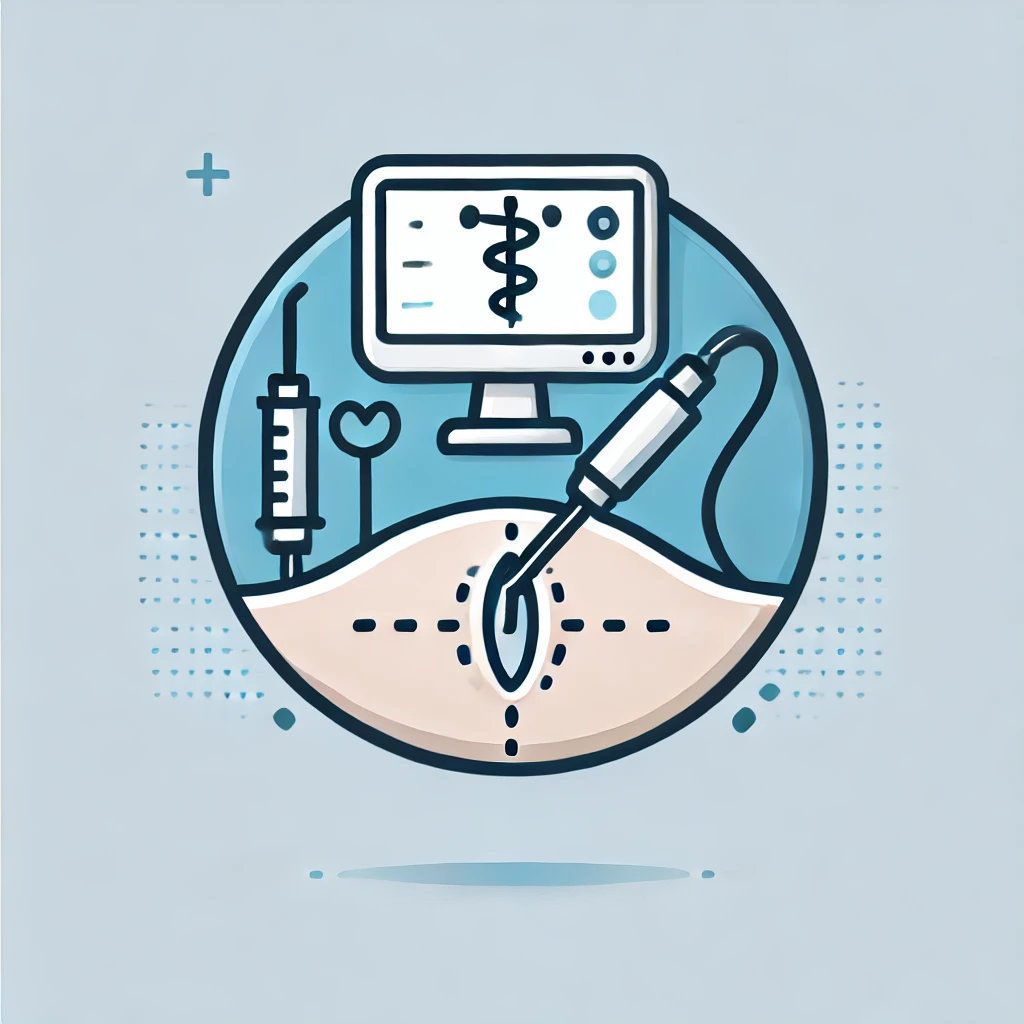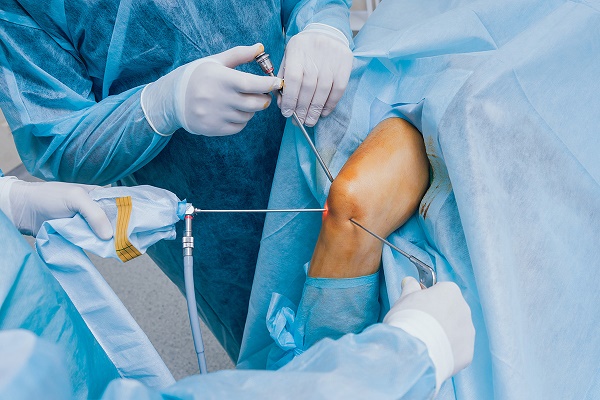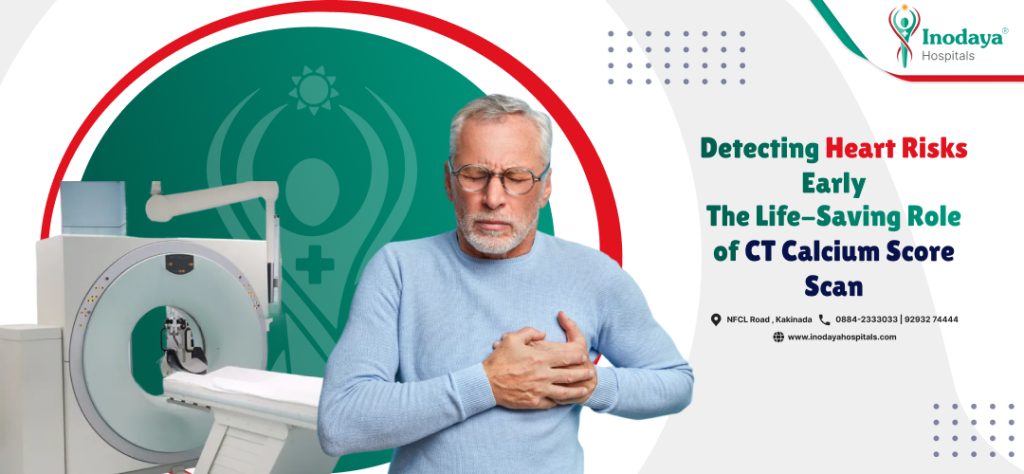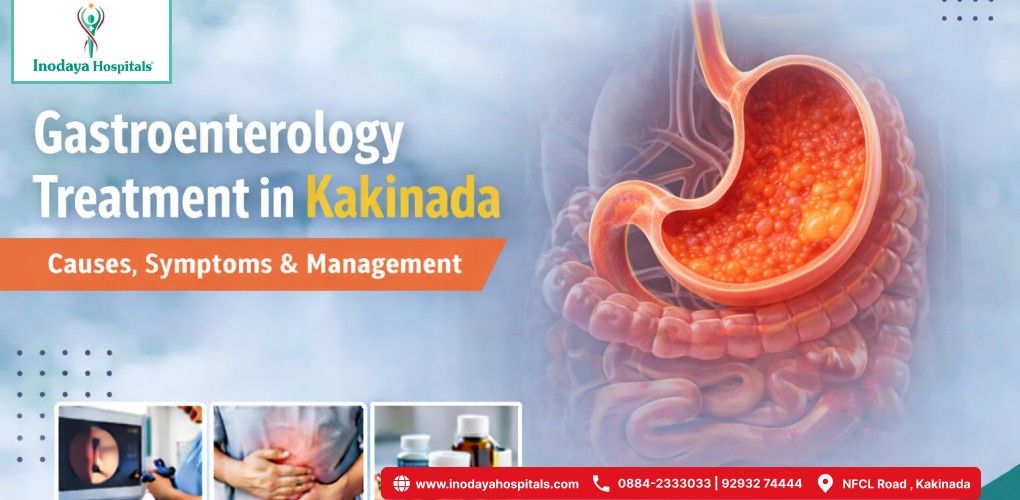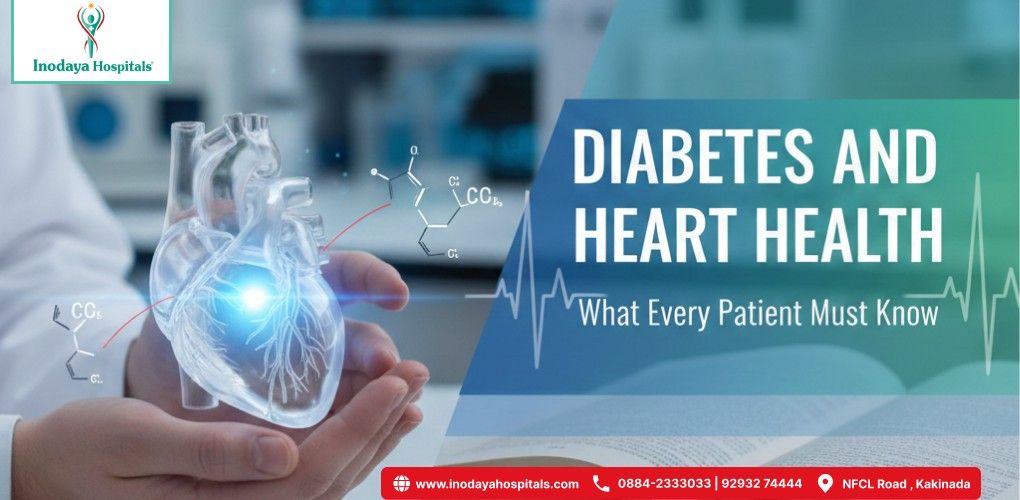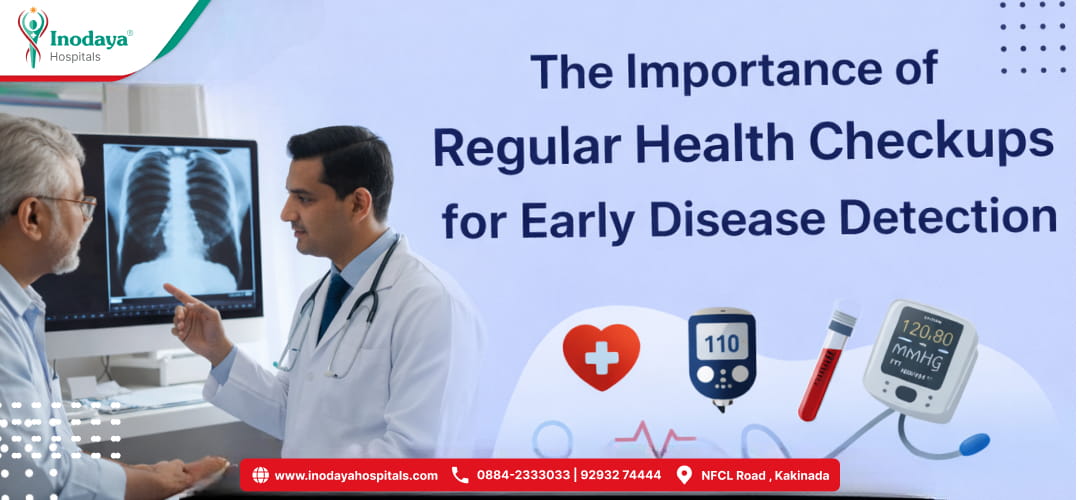Introduction
Heart disease is one of the leading causes of death worldwide, yet many people are unaware they are at risk until it’s too late. Modern medical technology now allows us to detect early signs of heart disease before symptoms even appear. One such powerful tool is the CT Calcium Score Scan, a non-invasive test that measures calcium deposits in the coronary arteries. By identifying risks early, this scan can play a vital role in preventing heart attacks and saving lives.
What is a CT Calcium Score Scan?
A CT Calcium Score Scan, also known as a Coronary Calcium Scan, uses advanced CT imaging to capture detailed pictures of the heart. It helps determine whether there is a buildup of plaque—a combination of fat, calcium, and other substances—in the arteries.
- The test produces a calcium score ranging from 0 to several hundred.
- A higher score indicates more calcium buildup, meaning a greater chance of developing heart disease or experiencing a cardiac event.
Why Early Detection Matters
Many people with coronary artery disease show no symptoms until they face a serious event such as a heart attack. Early detection through a calcium score scan offers:
- Risk assessment – Helps identify the likelihood of heart disease.
- Preventive action – Encourages lifestyle changes, medications, or further testing.
- Peace of mind – For individuals with a family history of heart problems or other risk factors.
Who Should Consider a Calcium Score Scan?
This scan is particularly useful for individuals with the following risk factors:
- Family history of heart disease
- High blood pressure
- High cholesterol levels
- Diabetes
- Obesity
- Smoking history
- Sedentary lifestyle
Even if you feel healthy, having these risk factors may mean hidden risks that a calcium scan can reveal.
Benefits of the CT Calcium Score Scan
- Quick & painless: The test takes only about 10–15 minutes.
- Non-invasive: No surgery, needles, or recovery time required.
- Highly accurate: Provides detailed insight into your heart health.
- Guides treatment: Helps doctors decide whether medications, diet changes, or other therapies are needed.
What Do the Results Mean?
- Score of 0: No detectable calcium – low risk of heart disease.
- Score 1–100: Mild calcium deposits – some risk, lifestyle changes advised.
- Score 101–400: Moderate calcium deposits – higher risk, further evaluation needed.
- Above 400: Significant calcium buildup – very high risk, immediate medical attention recommended.
Taking Charge of Your Heart Health
Getting a CT Calcium Score Scan doesn’t just provide numbers—it offers the chance to take proactive steps toward protecting your heart. Combined with regular check-ups, healthy eating, exercise, and stress management, this test can help you reduce your risk of heart complications.
Conclusion
Your heart health is too important to leave to chance. A CT Calcium Score Scan is a simple yet powerful test that can reveal hidden dangers long before symptoms appear. By detecting risks early, it empowers both patients and doctors to take preventive action and safeguard a healthier, longer life. Contact Us






































